Sen. Bam: Mission accomplished for revolutionary free tuition law
Sen. Bam Aquino extended his gratitude to President Duterte for signing the Universal Access to Tertiary Education Act into law, saying that millions of Filipinos are the real winners with this revolutionary education reform.
“I wish to thank the President for signing the free college tuition into law. Congratulation to my fellow lawmakers and everyone who supported this policy,” said Sen. Bam, the principal sponsor and co-author of the law in the Senate. This was Sen. Bam’s 19th law in his four years as senator.
“Pagkatapos ng ilang dekada, batas na ang inaasam-asam ng napakaraming pamilyang Pilipino na libreng kolehiyo,” Sen. Bam added, “Estudyante, magulang at pamilyang Pilipino ang tunay na bida ng batas na ito.”
Sen. Bam, who championed the bill during plenary debates and interpellation as former chairman of the Committee on Education, also assured that the Senate will find ways to find the needed Php25 billion to fully implement this law.
The senator said Sen. Loren Legarda, chairperson ng Committee on Finance, already committed to including free tuition in the 2018 budget.
With this law, students will enjoy free education in state universities and colleges (SUCs), local universities and colleges (LUCs) and vocational schools under the Technical Education and Skills Development Authority (TESDA) starting the second semester of school year 2017-18.
Aside from tuition fees, the government will shoulder miscellaneous and all other mandatory fees.
Scholarship grants will also be made available to students of both public and private college and universities. Plus, it provides a new and improved student loan program, where students can apply for financing for other education expenses.
The measure was languishing in the legislative mill for years before it was passed during Sen. Bam’s time as chairman of the Committee on Education in the 17th Congress.
“I am thrilled that Filipinos will benefit from a free college education,” Sen. Bam added, “It was an honor to work on this revolutionary education reform and fight for its passage”.
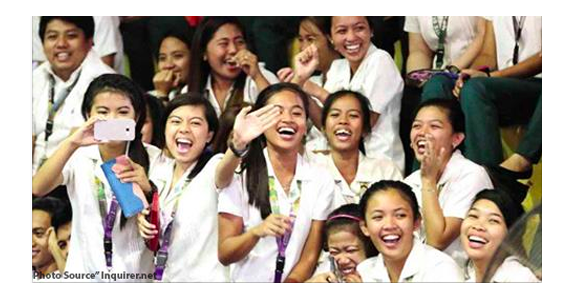
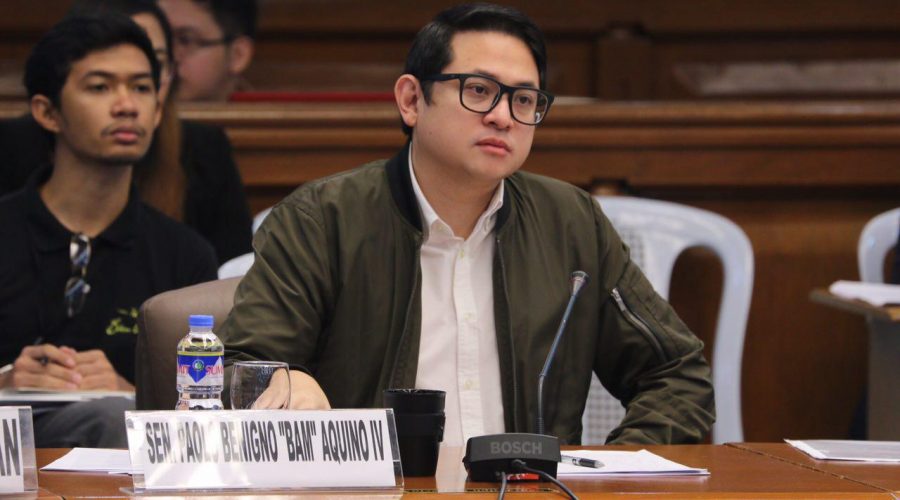
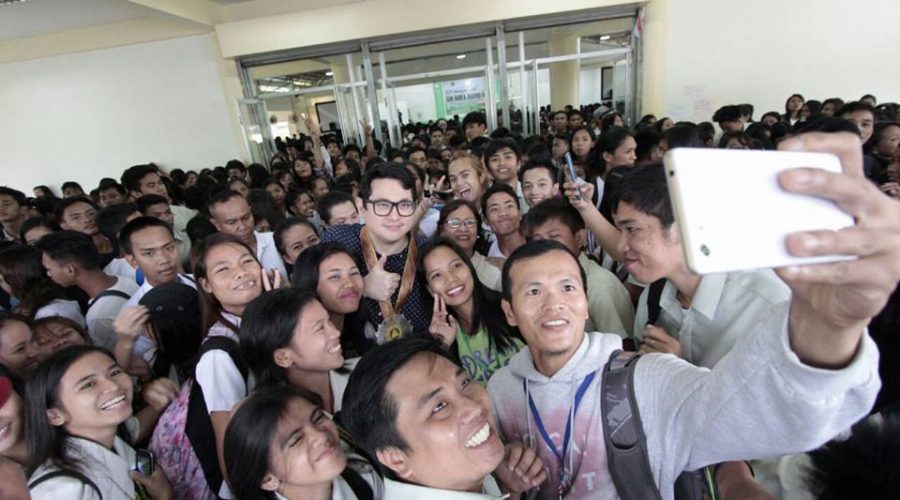

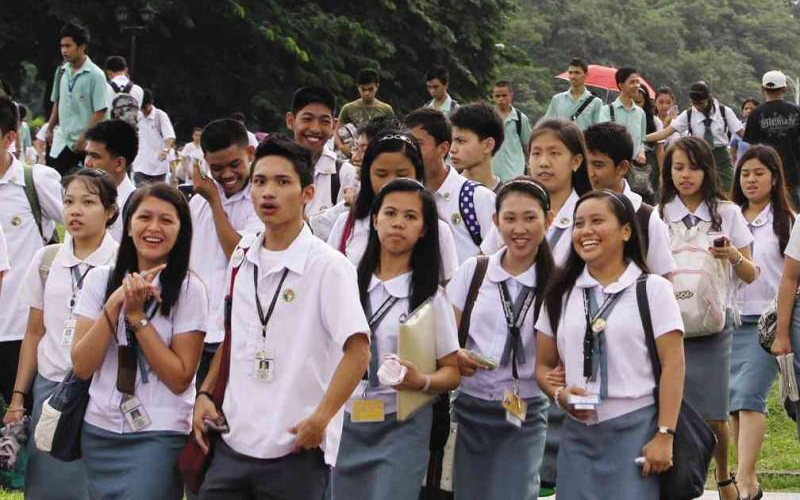
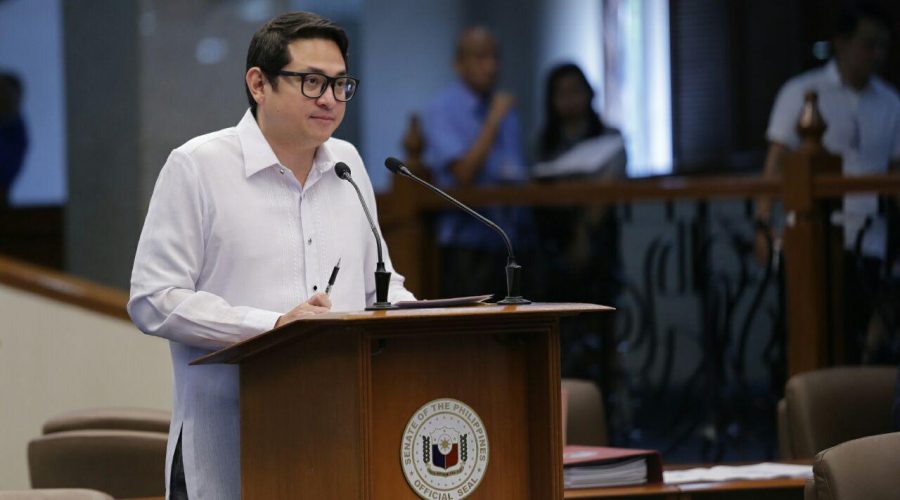
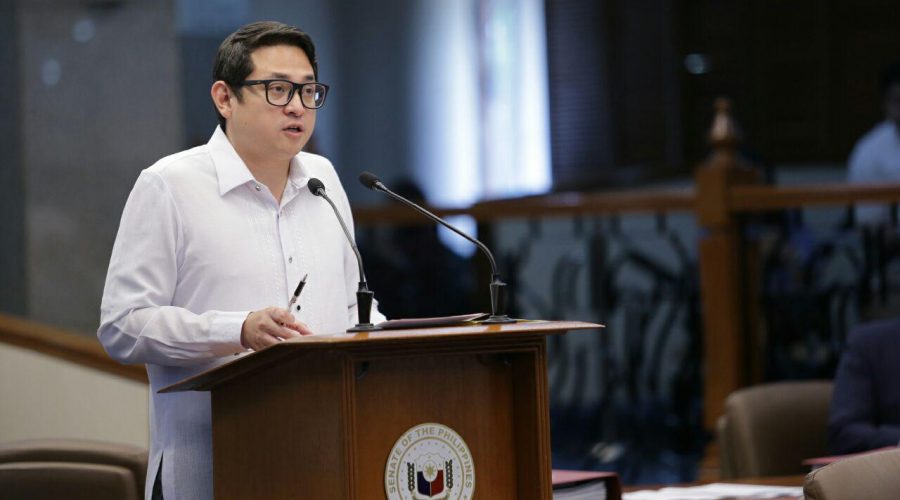
Recent Comments